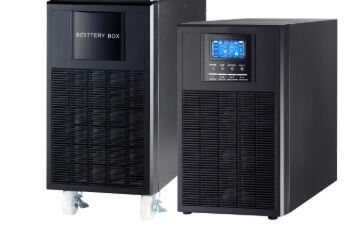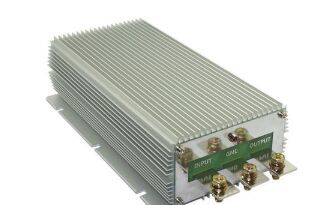A step up 110 to 220v converter can be an essential part of your home-based business. When choosing a converter, keep in mind the needs that your business may have. This article will show you how to choose the right converter for your business.
Step-up voltage converters are made to convert from one electrical outlet to another. They are not suitable for use in commercial situations. They are intended for businesses, small to medium-sized, where the amount of electricity used is not large. These converters can be used for residential applications, but it is recommended that you use a step-up converter at your home or small business.

step up 110v to 220v converter
The number one requirement for your business needs is the ability to convert between 110 and 240 voltages. In most cases, this is not going to be necessary because the main power source will most likely be from a transformer. Your voltage is most likely going to be either 110 or 120.
A step-up voltage converter is not just something that you find on the side of the road(Voltage converter:12V to 24V converter selection guide). Many large corporations and manufacturers make their own. They can handle multiple outlets and also can add a small transformer and step-up converter to handle the higher voltage needed by small businesses.
A step-up converter is a very expensive purchase. This is because it is not just a converter, it is also a transformer. There are two options here. You can purchase a step-up converter and a transformer together, or buy a separate converter. If you choose the latter, be sure to get a converter that is certified to work with the manufacturer's transformer.
The cost of the step-up converter is generally going to be about one third as much as the separate one. The reason for this is that a step-up converter is much more efficient than a separate converter. A single converter is a lot more likely to burn out because it is working harder to convert the voltage.
If your home is already equipped with multiple outlets, you are probably already using a converter. However, if you want to use the converter as a backup, then a step-up converter may be a better option. It is recommended that you only use a converter if you are replacing an outlet.

If you need to replace an outlet, then it is not a good idea to replace the converter. Instead, just get a converter that will work on all of them. A single converter is not likely to be able to handle the multiple outlets that your home has(step down voltage converter: portable step down transformer).
If your main concern is safety, a step-up converter is not a good option. There is no way for the converter to turn off your power. In the case of a home security system, this can lead to an emergency if the switch doesn't turn off.
If you plan on having a portable unit, make sure that the converter you get is UL approved. That means that it is certified by UL to handle high voltage. You are going to need to buy a converter that is UL approved even if you plan to use it outdoors, as a portable unit.
If you are planning on using the converter for commercial purposes, then it is a good option to get one that is a high-efficiency converter. These units will cost a bit more but are much more efficient.
If you have an electrical panel, then the most cost-effective option for replacing an outlet is to get a converter and transformer together. You will have to do some measurements, and you might need to get a licensed electrician to help you out. However, if you are replacing an outlet, a single converter will cost you a lot less than buying a separate converter and transformer.